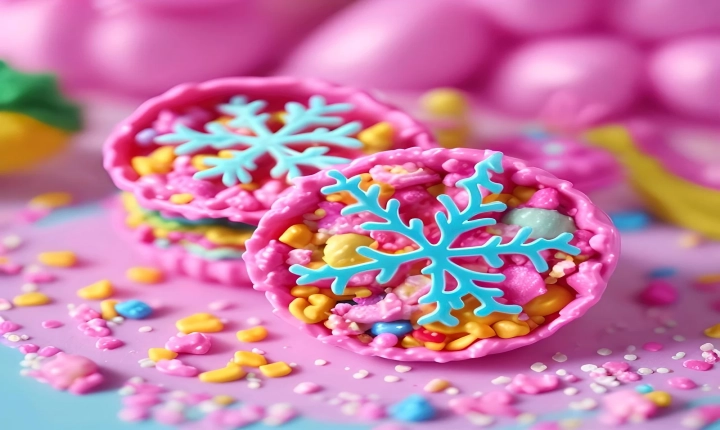Title: Exploring the Capabilities of ChatGPT-4: Can You Upload Photos?
Advancements in artificial intelligence have brought about numerous breakthroughs in various domains, including natural language processing. One of the latest iterations in this field is OpenAI’s ChatGPT-4, which has garnered attention for its impressive language generation and understanding abilities. However, an intriguing question arises for those seeking to explore its capabilities further: Can you upload photos to ChatGPT-4?
ChatGPT-4, as a text-based model, is primarily designed to process and generate natural language content. Its architecture is tailored to understand and respond to textual inputs, making it exceptionally proficient in parsing and generating human-like language. Despite its robust capabilities in the domain of language processing, it currently does not support direct photo uploads for analysis or manipulation.
The absence of photo uploading functionality in ChatGPT-4 can be attributed to the model’s focus on text-based interactions. While other AI models such as DALL·E and CLIP have been developed to work with visual inputs, ChatGPT-4 remains dedicated to engaging in natural language conversations and providing coherent and contextually relevant responses.
That said, the potential for integrating visual input capabilities into future iterations of ChatGPT or other AI models certainly exists. Given the rapid pace of advancements in AI and machine learning, it’s not far-fetched to envision a version of ChatGPT capable of understanding and responding to both textual and visual inputs seamlessly.
The implications of incorporating photo uploading functionality into an AI model like ChatGPT-4 are vast. For instance, users could interact with the model by describing a visual scene or asking questions about the content of a specific image. This could enable a more immersive and dynamic conversational experience, allowing for a richer exchange of information and ideas.
Additionally, the ability to process visual inputs could open doors for applications in fields such as image recognition, content generation, and creative collaboration. Imagine being able to describe a concept or idea using a combination of text and visual elements, and having the AI model synthesize a coherent and visually representative output.
While the current iteration of ChatGPT-4 may not support direct photo uploads, the potential for future developments in AI to bridge the gap between textual and visual interactions is promising. As researchers and developers continue to push the boundaries of AI capabilities, we can anticipate that the integration of photo uploading functionality into conversational AI models will become a reality.
In conclusion, the present version of ChatGPT-4 does not support photo uploading for direct analysis. However, the future holds exciting potential for AI models to seamlessly integrate visual inputs, enabling more diverse and immersive interactions. As the field of AI continues to evolve, the boundaries between text and visual understanding are likely to blur, ushering in a new era of dynamic and multidimensional AI interactions.
